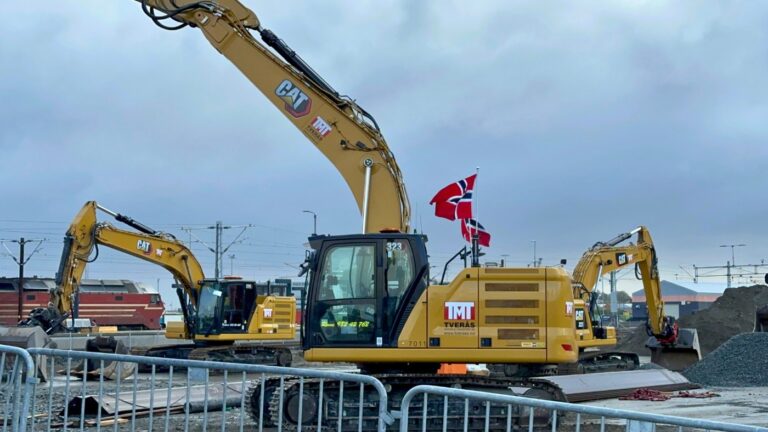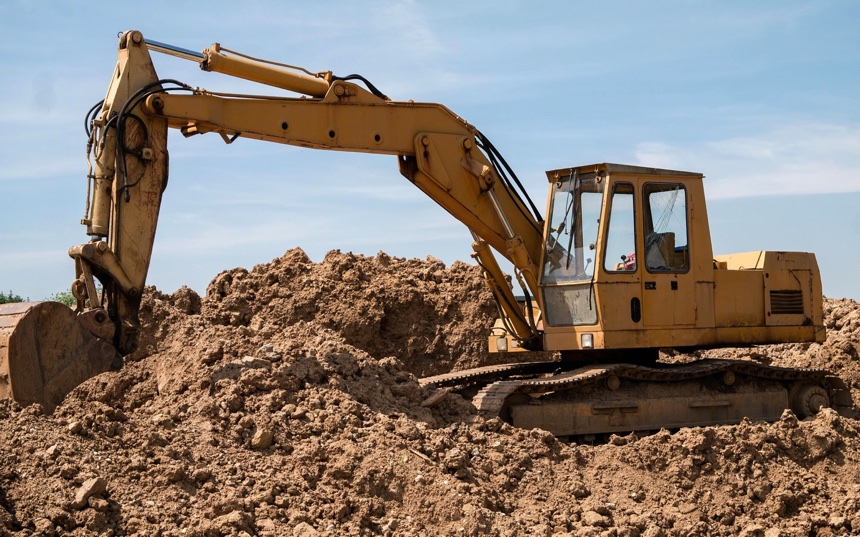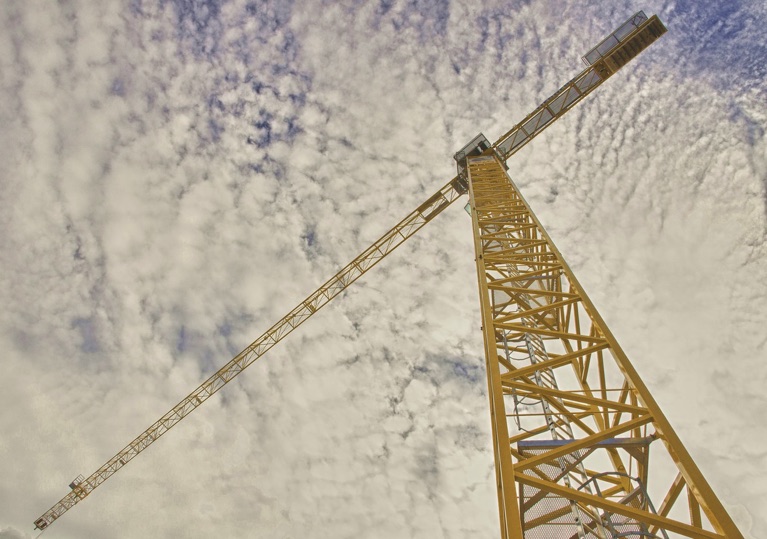Norway's construction industry is experiencing a significant labour shortage, presenting lucrative opportunities for skilled foreign workers amid a surge in infrastructure and renewable energy projects.
Norway’s construction sector is an important sector of the national economy. From housing developments and commercial buildings to major infrastructure projects such as roads and tunnels, the industry provides tens of thousands of jobs across the country.

While the sector is subject to economic fluctuations, demand for qualified workers remains strong particularly in manual trades where local labour is often in short supply.
For skilled foreign workers, the Norwegian construction industry can offer well-paid, steady work in a safe and regulated environment.
The State of Norway’s Construction Industry
The Norwegian building and construction industry covers a wide range of activities, including the construction and maintenance of homes, commercial buildings, roads, railways, airports, energy installations, and oil and gas infrastructure.
It’s an industry heavily influenced by both public spending and private investment, making it particularly sensitive to economic cycles.
During times of economic slowdown, construction is often the first sector to feel the impact. Yet when the economy is strong, it becomes one of the biggest providers of jobs, including temporary and project-based employment.
Read more: The Ongoing Frustrations of a Foreign Job-Seeker in Norway
Many public sector initiatives, such as transport infrastructure upgrades or school and hospital construction, help keep the industry buoyant even in more uncertain times.
A Workforce of Specialists
Around 200,000 people work in Norway’s construction sector, spread across roughly 50,000 companies. Unusually for such a developed economy, a large portion of these companies are small-scale operations, often single-person businesses.
Many tradespeople work as independent contractors, moving from one project to another based on demand for their specific skills.

Carpenters, plumbers, electricians, and concrete workers are always in demand. But skilled professionals such as engineers, project managers, and health and safety specialists are also essential to keep projects on track and in compliance with Norwegian regulations.
Because of the ongoing shortage of qualified labour, particularly in the manual trades, many Norwegian companies rely on foreign workers to fill the gap. EU and EEA citizens are especially attractive hires, as there are few bureaucratic hurdles to employing them in Norway.
Construction Skills in Demand in Norway
Construction is a broad sector, and many roles are consistently in demand. These include:
- Carpenters and joiners
- Concrete and foundation workers
- Masons and bricklayers
- Scaffolders
- Iron fixers and steelworkers
- Machine and crane operators
- Electricians and plumbers
- General labourers
In addition to hands-on trades, the industry also needs experienced project managers, site supervisors, quantity surveyors, health and safety advisors, and civil engineers.
Demand varies depending on the type and location of projects, but workers with certified experience—particularly those who can operate machinery or interpret technical drawings—tend to have the best prospects.
Language and Certification Requirements
Although many sites operate with multinational crews and some English is spoken, knowledge of Norwegian is a significant advantage. In many cases, at least a basic understanding of Norwegian is expected for communication and safety purposes. For supervisory or customer-facing roles, fluency is often required.
Workers in construction must also meet strict health and safety standards. Most sites require a valid HMS card (a mandatory ID card for workers in the construction sector) and proof of completed safety training.
EU/EEA qualifications are often recognised, but you may need to have them approved or supplemented by Norwegian authorities. If you're self-employed, you’ll need to register your business and adhere to Norwegian tax and reporting rules.
How Construction Work is Organised
Employment in Norwegian construction is often project-based. Workers are frequently hired through staffing agencies or operate as independent contractors. While permanent positions do exist, they’re less common—especially in hands-on roles.

Many workers are engaged via bemanningsbyråer (staffing agencies), which place people on projects across the country. These agencies are responsible for paying wages and ensuring compliance with regulations, although work locations can vary week to week.
If you're experienced in a particular trade and can register your own company, you may find it more profitable to work independently, taking on short-term contracts or subcontracting to larger firms.
Typical Wages in Construction
Construction jobs in Norway offer competitive pay, with minimum wage rates set by collective agreements to ensure fair compensation for all workers, regardless of nationality or employment type.
As of 1 November 2024, the minimum hourly wage rates are:
- Skilled workers: NOK 250.30
- Unskilled workers with at least one year of experience: NOK 235.80
- Unskilled workers without relevant experience: NOK 226.90
- Workers under 18 years of age: NOK 153.83
These rates are mandatory and apply across the construction sector. Overtime work is compensated with a supplement of 40% of the hourly rate, as stipulated by the Working Environment Act.
Beyond these minimums, actual earnings can be higher depending on factors such as experience, specific skills, and the nature of the projects undertaken. For instance, the average annual salary for a construction worker in Norway is approximately NOK 570,149, equating to an average hourly rate of NOK 274.
Wages may also vary depending on the region, the type of project, and whether accommodation or transport is provided.Overtime pay and shift bonuses may apply, depending on your contract.
Finding a Construction Job in Norway
If you’re seeking construction work in Norway, especially for the first time, it’s important to plan ahead and understand how the hiring process works.
Many companies advertise job vacancies on popular Norwegian platforms such as Finn.no and NAV.no, although these are often in Norwegian. Recruitment agencies with experience in placing foreign workers are another useful route, and they can help with paperwork and permits if needed.
Keep in mind that competition for entry-level jobs can be stiff, especially in urban areas, so having formal qualifications, relevant experience, and completed safety training will improve your chances.
Additional Resources
For more information on the construction industry in Norway, check the following resources:


